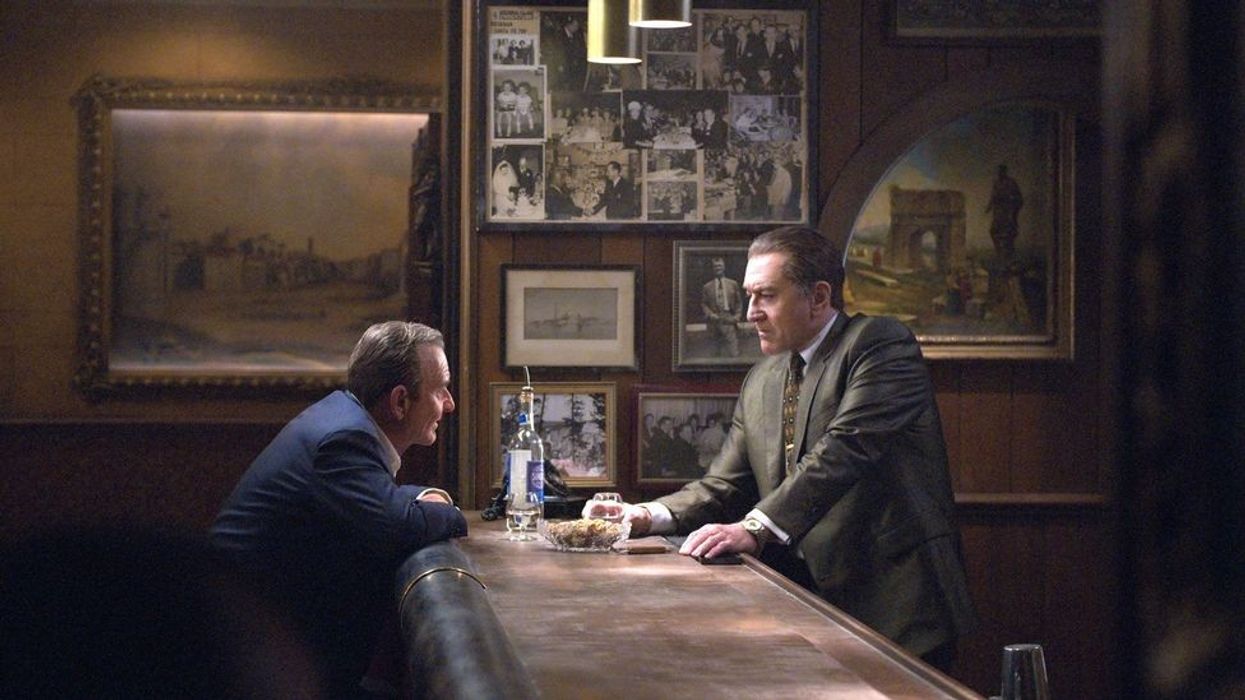How Did the Gangster Film Die? (Or Is It Still Breathing?)
I love a great gangster tale. But they're hard to come by in today's Hollywood.

I don't know about you, but I love the gangster genre. Crime films helped build the Hollywood we know and love today. While they are still made, they have shifted so greatly since their inception that they don't resemble the classic formula.
Today, for the sake of conciseness, we're talking about that original Warner Bros. gangster movie, which follows a boy from the neighborhood who rides in crime, becomes part of higher society, but it all falls apart and he pays the price, usually with his life.
We saw that kind of movie dominate for decades, and we still get riffs on it today.
But is it dead? Has it been played out? Are there still chances to make something new?
Always. I won't let you get too far into reading without telling you that I think this video essay is awesome, but I don't think one movie killed a genre. I think we are starving for new artists to tackle it.
So let's get into it. Robert J. Thompson said, "The Western has been replaced by the Mob story as the central epic of America."
But what if the mobster movie is dead now too? Check out this video from Eyebrow Cinema and let's talk after the break.
How Did the Gangster Film Die?
I want to reiterate how much I loved the deep analysis within this video. The history of the American gangster movie and an analysis of how Sergio Leone's Once Upon a Time in America killed the genre is top-notch. This video essay considers the major characteristics of the gangster film, how the genre evolved, and how Leone exploited genre archetypes to reveal the innate brutality of the gangster myth.
As a very brief refresher, Warner Bros. perfected the rise-and-fall narrative and made sure these gangsters were punished at the end. As the movies evolved past the 1930s and '40s, people changed things up. We saw movies like Bonnie and Clyde turn them into folk heroes and we even saw something like Scarface, which while whitewashed, told this story from the immigrant's point of view.
As the essay posed, this all changed after Once Upon a Time in America. Modern gangster films are just as concerned with the cops as the criminals, or they have lost the setting of a romanticized world.
Leone was the master of reinvention. He went from making real westerns but took a hard look at the violence and brutality then he went to the mob with Once Upon a Time in America. He flipped the narrative of the boy from the neighborhood with the tale of Noodles.
Noodles is pathetic and vile. He's futile but violent. We don't see an arc, just a guy living a sociopathic lifestyle that is violent, alienating, and lacks any love or affection. We never want to be Noodles, because nothing about his existence is romanticized.
The end of the movie shows a guy who lost the life he wanted and cuts back to him getting high in an opium den, possibly a reflection of the last time he was happy. Which is bleak.
But is the genre dead?
I think the answer is a resounding nope. Look at how television reinvented these tropes. Tony Soprano is that guy who was able to rise. He lives in a house that looks like what he thinks rich people should have. He even sees a therapist, which is a sign of being elite to him as well as a sign of weakness.
How about Walter White? The average teacher who cooks meth and becomes a legend who ultimately loses everything?
Both have riffed on the traditional gangster genre and the WB arc. And we haven't even gotten into The Irishman, in which Scorsese masterfully shows the tropes he helped design, but features a deeper and more introspective reflection than Once Upon a Time in America. Its main character has emotions, feelings, and regrets. We can empathize with him, and he has a family and love he lost.
Whenever someone says a genre is dead, don't listen. They may be hard to sell or hard to make, but if you can tell the story in a new way, a way that engages people and brings an audience excited by the story, then you're obliged to tell it.
I'm excited to see what you come up with.
Let's discuss this more in the comments.
Source: Eyebrow Cinema











